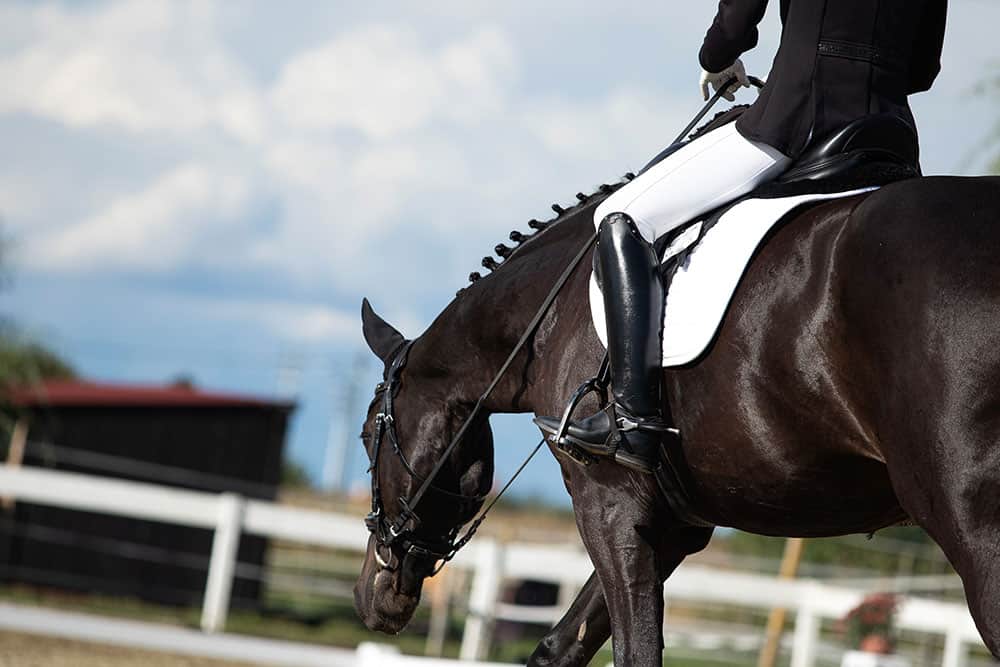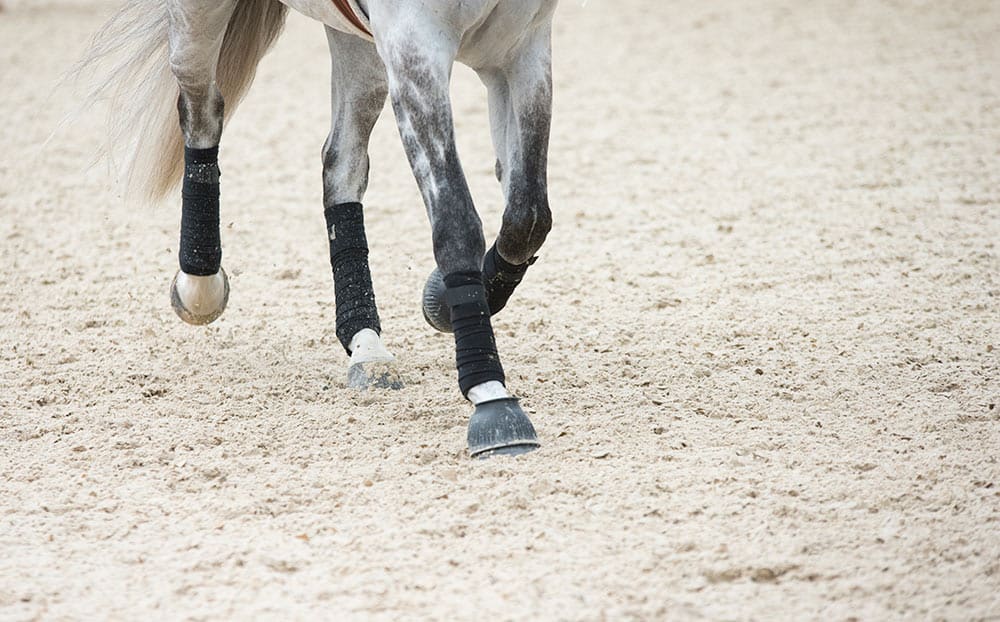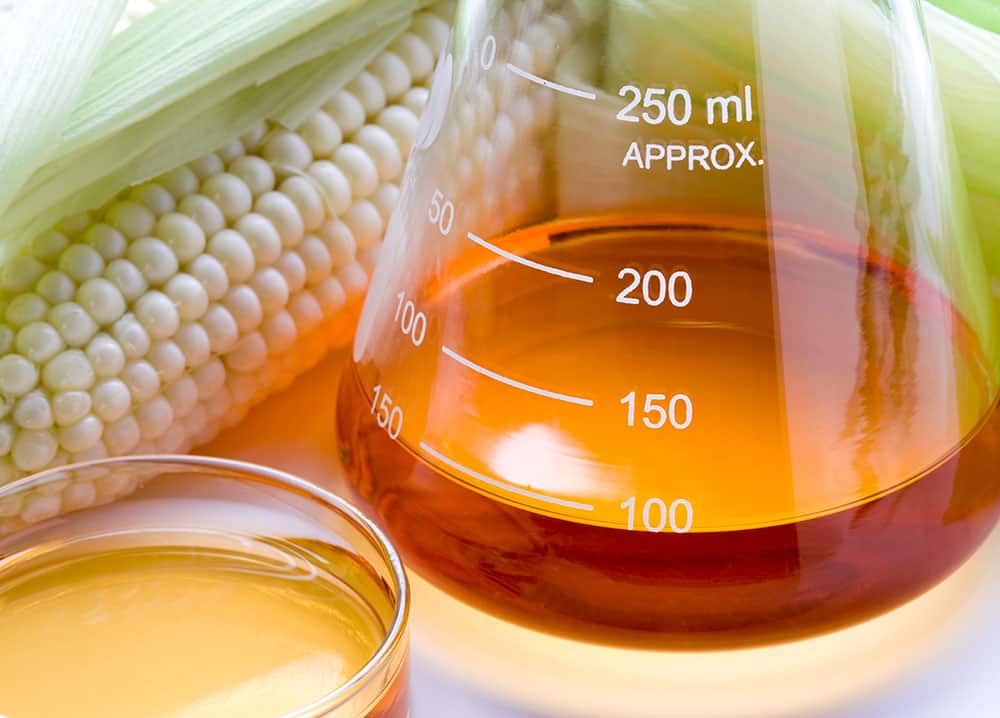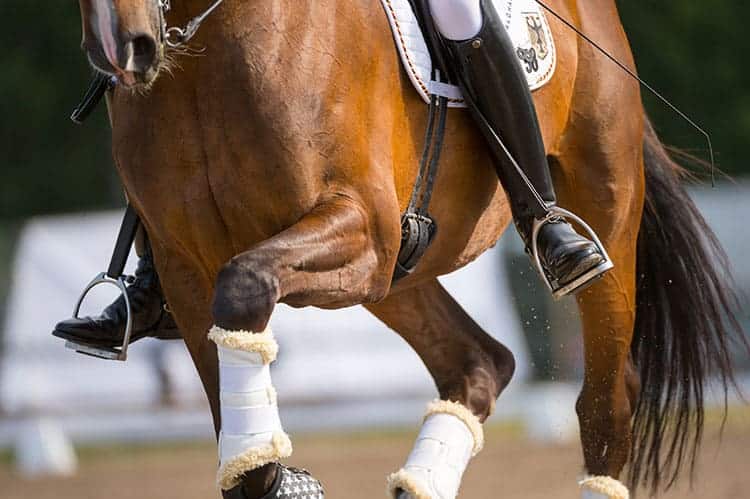
Behavioral Signs of Equine Cheek Tooth Findings
If your horse is exhibiting regular behavior problems, cheek tooth pain could be the cause.
News and issues for equine health professionals

If your horse is exhibiting regular behavior problems, cheek tooth pain could be the cause.

While ultrasound is useful for identifying articular process joint effusion in horses, it might undervalue the amount of swelling present.

Setting boundaries can help veterinarians protect their personal time and have clearer communication with their clients.

Resin fillings used in human dentistry can offer long-term solutions for preventing and managing infundibular caries.

A field study of the drug showed it significantly improved lameness in horses and induced no clinically relevant adverse effects.

Equine idiopathic headshaking is a painful condition, but with correct diagnosis and treatment many headshakers can live pain-free.

Comparing ligament striations in opposite limbs via ultrasound to determine if changes are normal versus tears could lead to misdiagnosis.

Timely decision-making could be the life-saving factor for colicking horses.

Here are some common dental issues that can negatively impact your horse’s performance and how they can be corrected.

The horse’s fed vs. fasted state, dose and type of corn syrup, season, and simultaneous endocrine testing might alter the results of this insulin dysregulation testing method.

The Type 2 diabetes drug might help horses with chronic hyperinsulinemia and laminitis that haven’t responded to management changes.

This stallside system might benefit horses with acute and chronic inflammatory synovitis.

Veterinarians discuss how they radiograph, ultrasound, and treat neck problems.

Dr. Jamie Pribyl explains how busy equine veterinarians ‘can do it all, but not all at once.’

A veterinary sports medicine and rehab specialist describes what we know about orthobiologic therapies for OA in horses and their high likelihood for variable responses.

Understanding how and why injuries in sport horses happen might be the best way to prevent them.
Stay on top of the most recent Horse Health news with
"*" indicates required fields